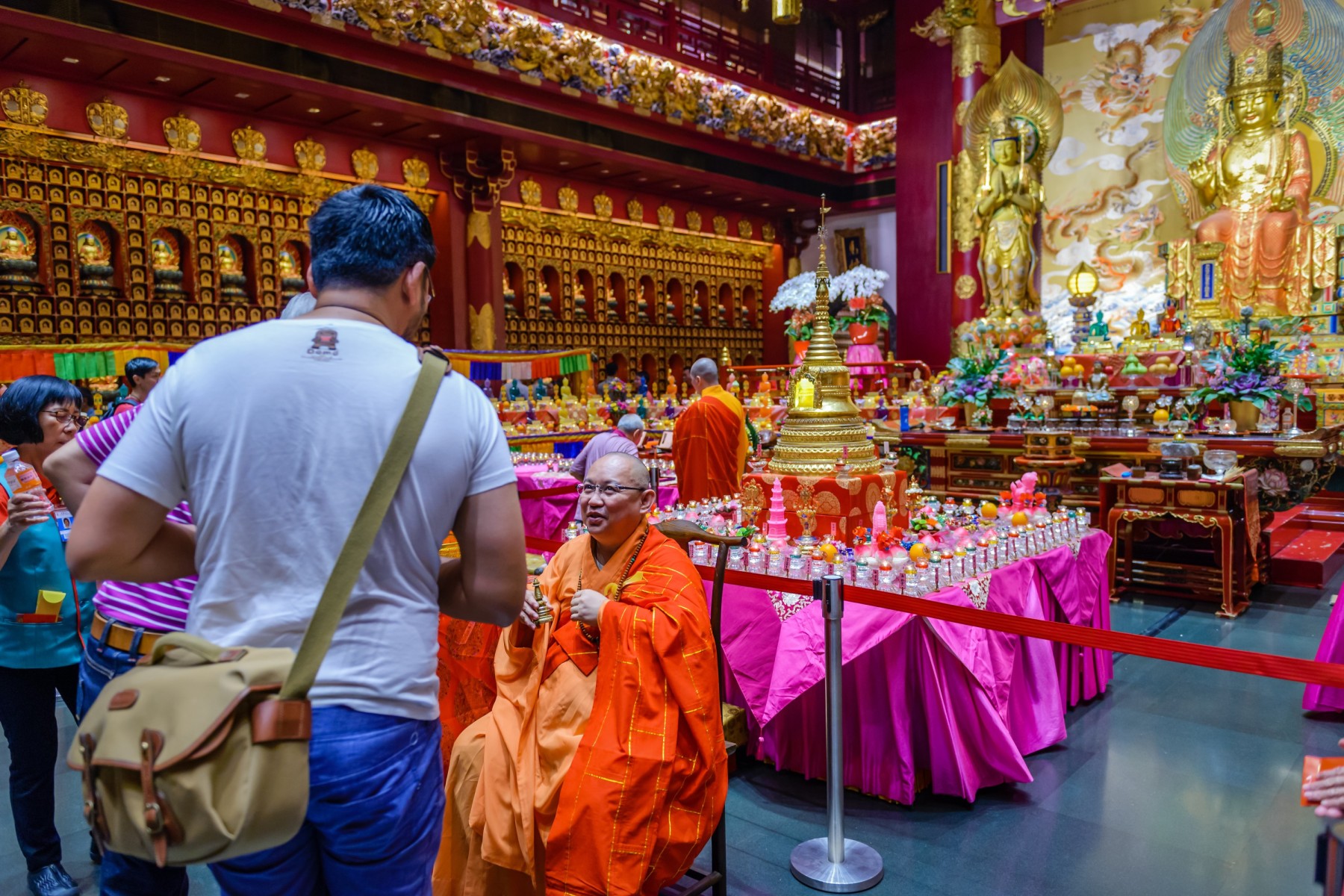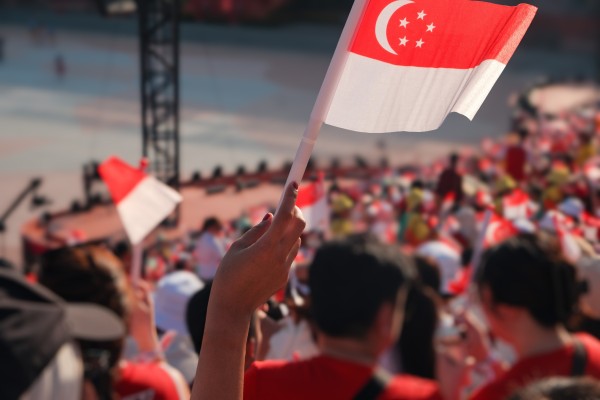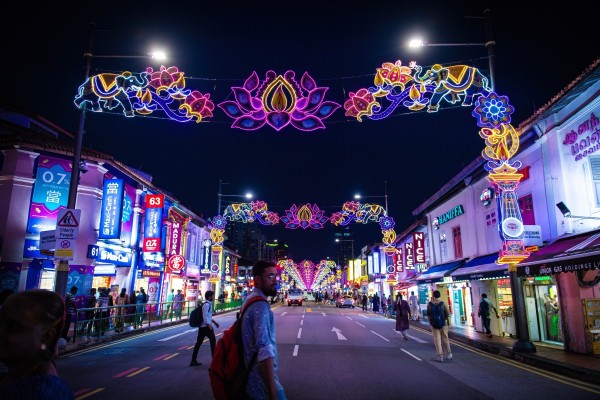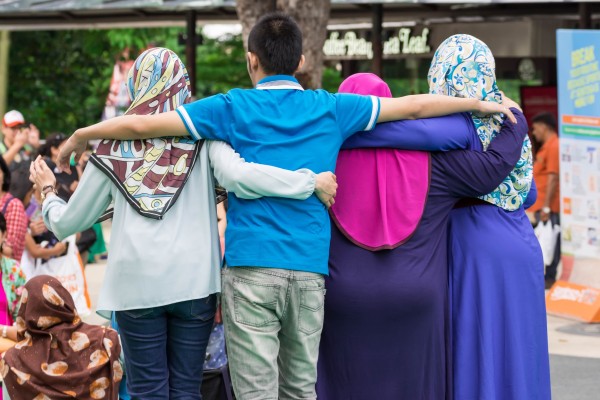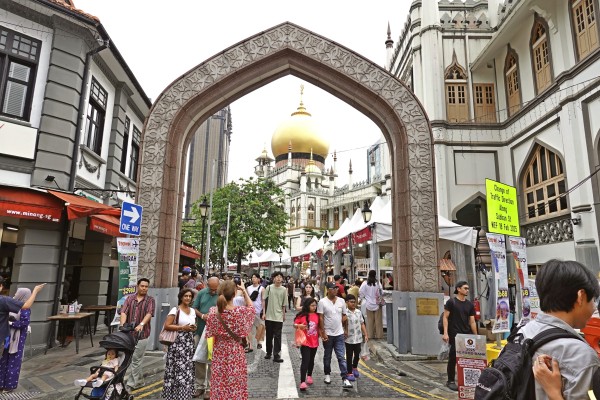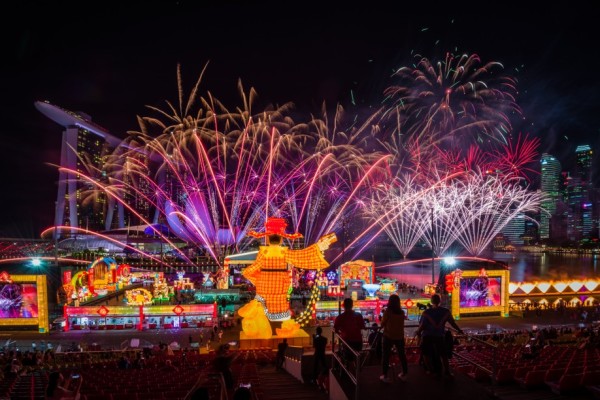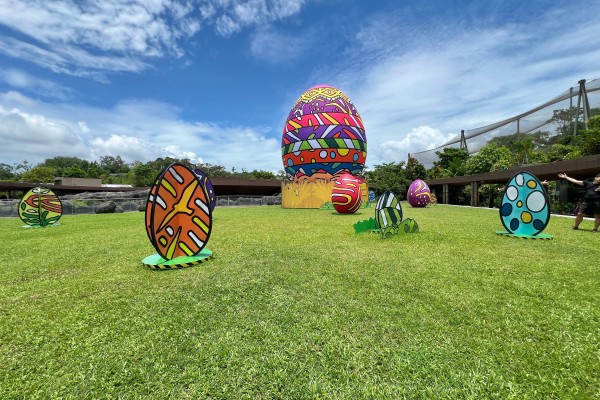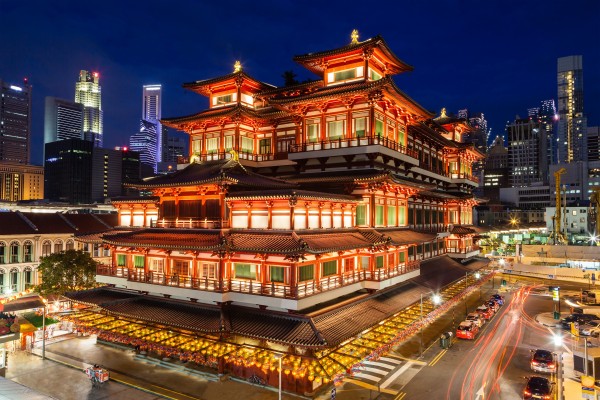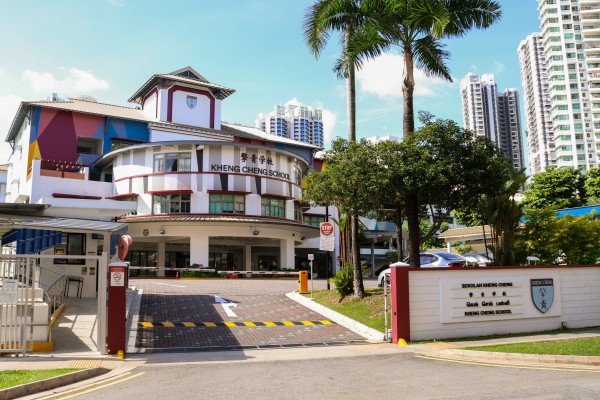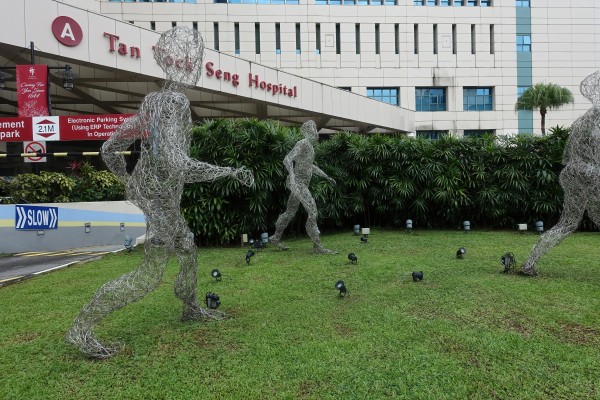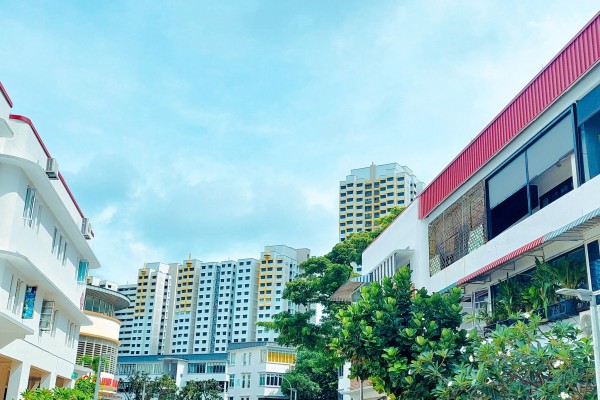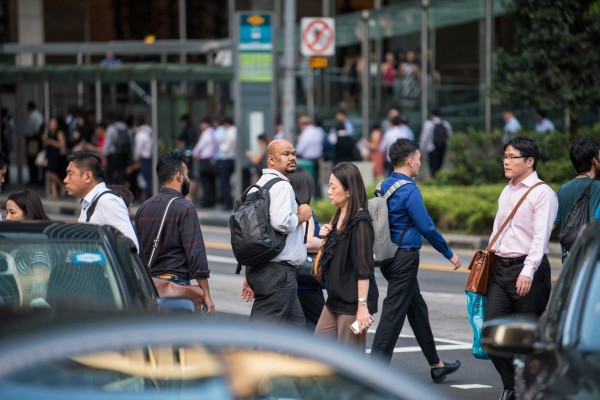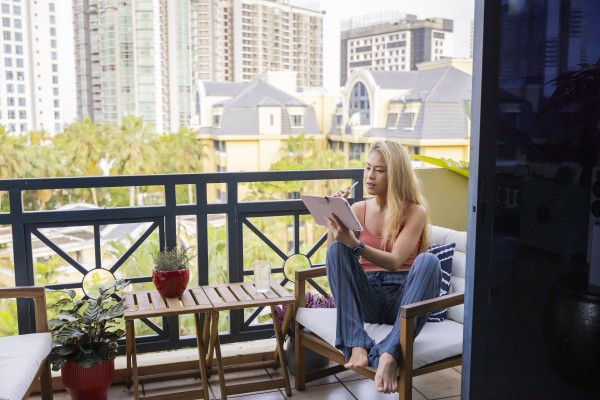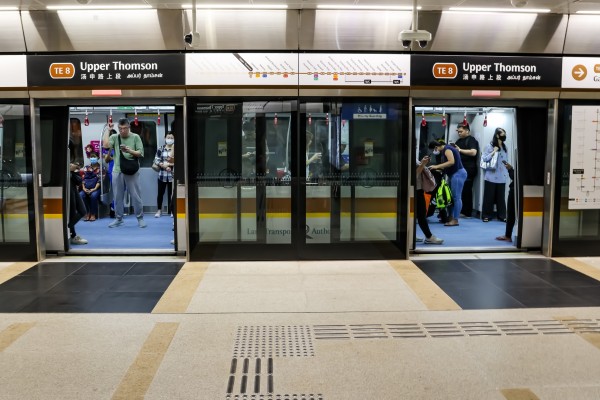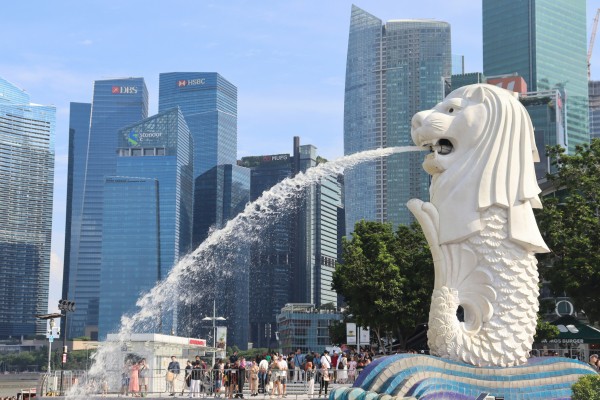Public Holidays in Singapore: An Expat’s Guide

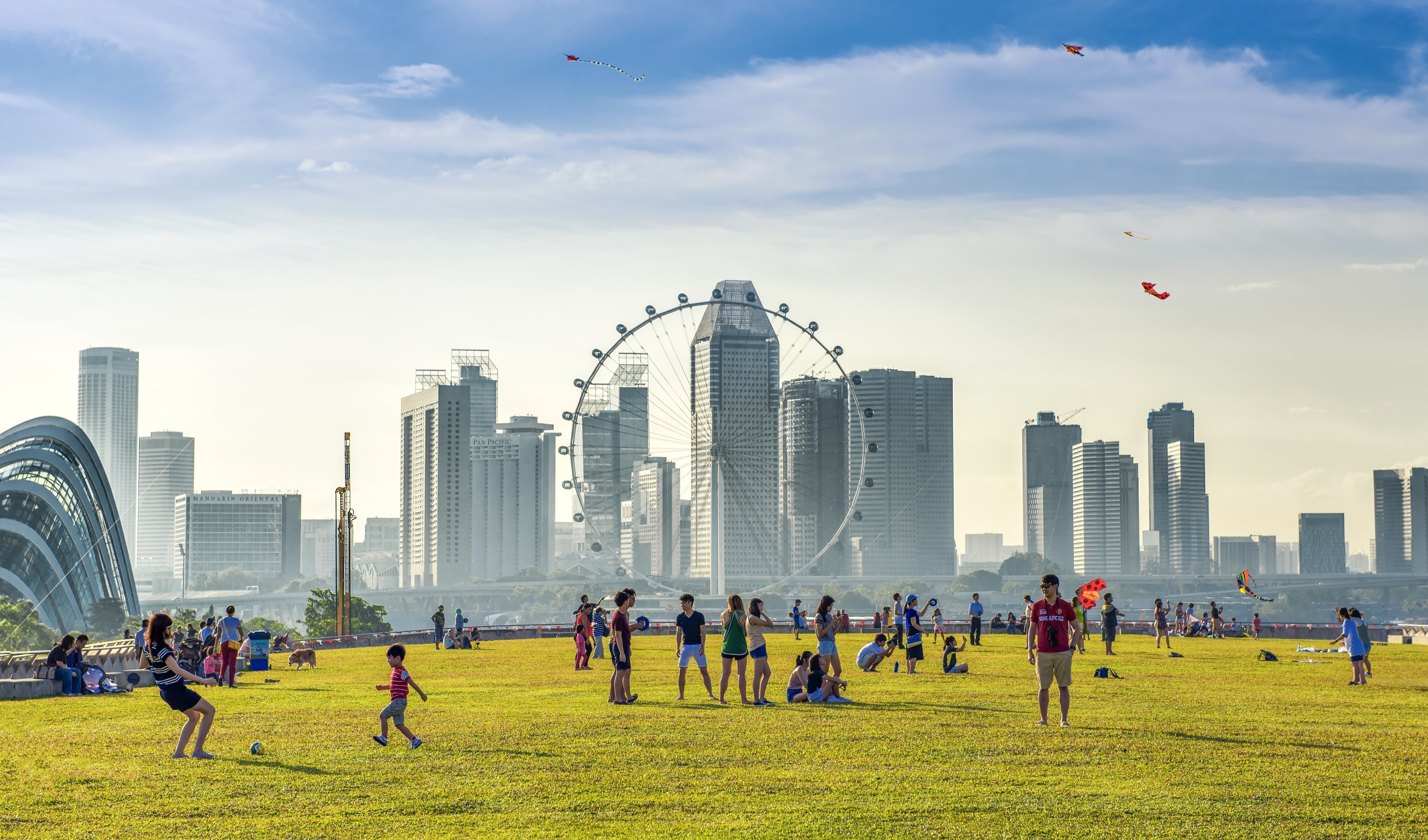
Curious to know what public holidays you can look forward to in sunny, cosmopolitan Singapore? Singapore celebrates 11 public holidays every year, and these days reflect the major festivals and celebrations of each of her four main religious groups, and the nation’s values and history.
Welcome to Singapore: a country that celebrates diversity in every sense of the word. With a population made up of Chinese, Malay, Indian, Eurasians, and a whole host of other ethnicities, Singapore is truly multicultural and diverse. And it's not just lip-service here. You'll find that multiculturalism is etched in the social fabric of Singapore society, making it not too difficult for expats to assimilate smoothly.
Public holidays in Singapore are a great opportunity for you to get to know the major festivals and celebrations of the four main religions in Singapore: Buddhism, Islam, Hinduism, and Christianity. Additionally, Singapore celebrates the New Year–both on 1 January and the Chinese New Year–as well as Labour Day to commemorate workers, and National Day to mark Singapore’s independence.
Coming from another country, wrapping your head around Singapore’s public holidays and their significance, and how you can celebrate them, can feel overwhelming. If you’re newly arrived and wondering what public holidays we celebrate here and how you can make the most out of them you’ve come to the right place.
(Curious to know more about other cultural festivals in Singapore other than the ones marked by a public holiday? Look out for our upcoming expat guides that will give you great insights to the various cultures in Singapore and how you can immerse yourself respectfully and meaningfully!)
What happens on public holidays in Singapore?
As an expat, you are covered by Singapore's Ministry of Manpower's (MOM) Employment of Foreign Manpower Act (EFMA), which entitles all workers covered by the Act to the 11 days of public holidays here in Singapore.
This means you don't have to go to work on a National public holiday and you will be paid by your employer–great news indeed!
On your day off, you'll be able to enjoy most attractions and shops with not much trouble, as stores in Singapore typically do not shut down during public holidays. The only exception is Chinese New Year, when even some supermarkets are closed.
Few shops do have shortened opening hours during public holidays, or some eateries may close during the religious public holidays, so it’s always a good habit to check on the website before heading down.
While some amenities such as public sports complexes remain open during public holidays, a lot of other amenities like government polyclinics, banks, and libraries are closed–so as always do check before making plans.
Singapore’s Public Holidays 2024
There are 11 gazetted public holidays in Singapore, comprising a mix of major religious days of significance; and the secular New Year (both on 1 Jan each year and the Chinese New Year), Labour Day, and National Day.
Each of the four major religions have one or two days for their festivals. The dates for these religious festivals are not fixed every year, depending on the lunar calendar for the month.
Singapore public holiday dates for 2024 have been confirmed, so mark them down and let’s get planning!
Psst: Look out for our upcoming guide on public holiday long weekends, which is a hack many locals use to maximise their holidays with minimal leave days thanks to long public holiday weekends!
Significance of each public holiday and how to celebrate them
Each one of Singapore’s public holidays has been specially chosen to mark an important cultural or religious festival, or a day in society of special significance. The holidays are a great snapshot of the values Singapore upholds too - meritocracy, hard work, family, as well as religious and ethnic harmony.
Here's what each holiday means and how you can celebrate like a local!
New Year's Day
What is it: Like many countries, Singapore marks the turn of the new year with a public holiday on 1 January. No matter how old or young, the first day of the new year is a significant date and a great reason to celebrate!
How it is celebrated in Singapore: For the younger crowd, Singapore is known to host exciting countdown parties on New Year's Eve, with live music performances, DJs and dancing at the beach and bayfront areas. If rave countdown parties aren't your cup of tea, you can always celebrate at home or at local pubs, counting down to the new year with your family and friends in the company of good food and drink. New Year’s day itself is often pretty chill in Singapore, with lots of families heading out to the parks, malls and neighbourhoods to enjoy the first day of the new year together.
Chinese New Year (Days 1 and 2)
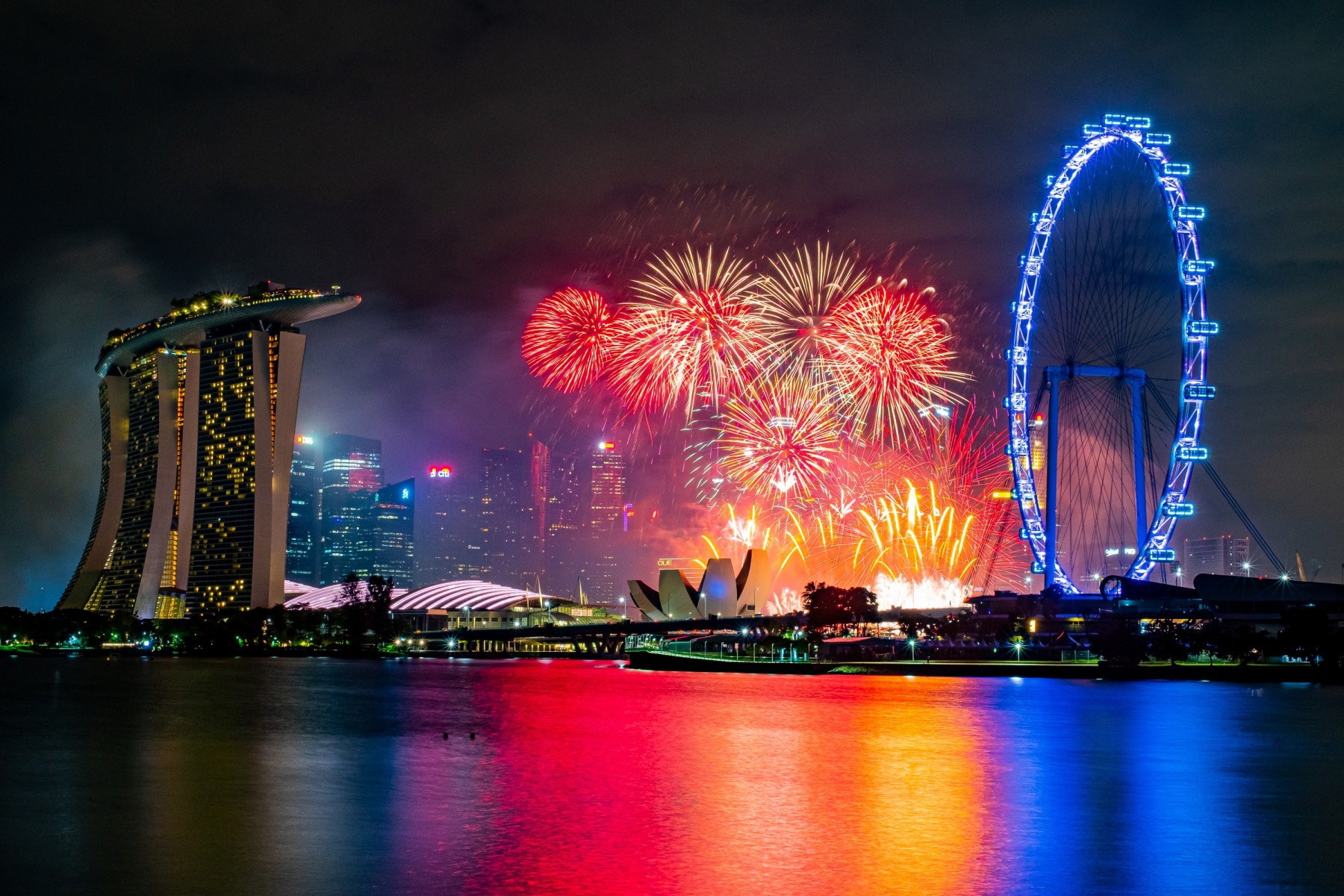
What is it: Chinese people make up more than 75% of Singapore's population, so the Chinese New Year is celebrated every year as a major festival, with the first two days gazetted as public holidays. The Chinese New Year follows the lunar calendar and heralds the beginning of a new zodiac year. Traditionally, Chinese New Year is a festival to chase away bad luck and evil spirits and usher in good fortune and prosperity in the upcoming year.
How is it celebrated in Singapore: The Chinese have been celebrating this festival for thousands of years, so many of the rituals are steeped in traditions. During the 15 days of Chinese New Year, people celebrate by wearing red, watching lion dances, reuniting with family, giving and receiving red packets of money, and praying to ancestors.
For the biggest Chinese New Year vibes, head to Chinatown, where the streets will be adorned with bright red lanterns and lit up for the entire month leading up to the festival. And if your local friends invite you to their homes for the festivities, that’s a wonderful thing indeed! Remember to wear red or other bright colours (steer clear of black or white clothes because these colours are associated with funerals), bring a pair of mandarin oranges to present as a gift to the home-owner, and get ready to eat lots of yummy snacks like pineapple tarts, butter cookies, and sweet BBQ meats. And of course, do greet the hosts with a simple “Gong xi fa cai!” or “Xin nian kuai le!” – which mean “Happy New Year” in Mandarin.
Good Friday
What is it: Good Friday is a day of reverence for Christians and Catholics around the world, and is marked by a public holiday in Singapore. Held as a day of solemnity to remember Jesus’s death on the cross, Christians and Catholics usually attend the church services on the day and spend the day in reflection. The much more joyous Easter Sunday is celebrated on that same weekend, in remembrance of Jesus’s resurrection from the dead.
How it is celebrated in Singapore: Christians and Catholics in Singapore typically start preparing themselves for Good Friday around 40 days before, in a period of self-reflection called Lent. During that time, Christians and Catholics may give up something they enjoy such as their favourite food or activity as a sacrifice–while others try to do more good deeds or acts of charity. On Good Friday itself, Christians and Catholics will usually attend sombre church services.
If you want to experience the solemnity of the day for yourself, you can head to a Christian or Catholic church to participate in a church service. As with all religious services, it’s good sense to dress appropriately (no revealing clothing), and to be respectful in your demeanour.
Hari Raya Puasa
What is it: Muslims observe a holy month of fasting known as Ramadan, and Hari Raya Puasa marks the end of the month. Ramadan is a very important period for the Muslims, during which they fast from food and water from dawn to dusk, pray, and partake in acts of compassion. Hari Raya, which means “a big day of rejoicing” in Malay, is literally that, and is also a time for people to seek forgiveness for their wrongdoings, and strengthen bonds within their families.
How it is celebrated in Singapore: The day itself is usually full of rituals and family visiting for those who celebrate it. In the morning, the mosque is visited, before starting on family visitations. Big feasts would be prepared for the celebration, with a lavish spread of food and snacks available for all visitors. Green packets are also given by older adults to children, to signify forgiveness and generosity.
If you are so lucky to be invited into a home for a Hari Raya celebration, you can look forward to scrumptious food and a wonderful time of warmth and laughter! Do greet the hosts and everyone in the home with a “Selamat Hari Raya” greeting, and thank the host family for their generosity. You will also want to bear in mind to dress appropriately and avoid revealing clothing–even better if you can wear something that covers your arms and legs.
You should also check out Geylang Serai, which is beautifully lit up every Hari Raya and a hotspot of night bazaars to wander around in.
Labour Day
What is it: Every May 1 in Singapore is Labour Day, a day to mark the contributions of all workers to the country. It was first commemorated as a public holiday in Singapore in 1960, after the current ruling political party, the People’s Action Party (PAP), first came into power. In the past, rallies were a key feature of the holiday, but today, it is primarily a day for workers to take a well-deserved break.
How it is celebrated in Singapore: Singaporeans’ favourite way of celebrating this public holiday is by having a good break from work! You’ll find many people out and about in the city and in the parks, enjoying the day with their family and friends.
Some Singaporeans also look forward to tuning in to the inaugural May Day rally speech by the Prime Minister of Singapore (read last year’s one here!) If you really want to get in the spirit of the day, you can also participate in the May Day Fiesta organised by the National Trades Union Congress (NTUC), a event for union members and their families to commemorate the day for its inherent meaning.
Vesak Day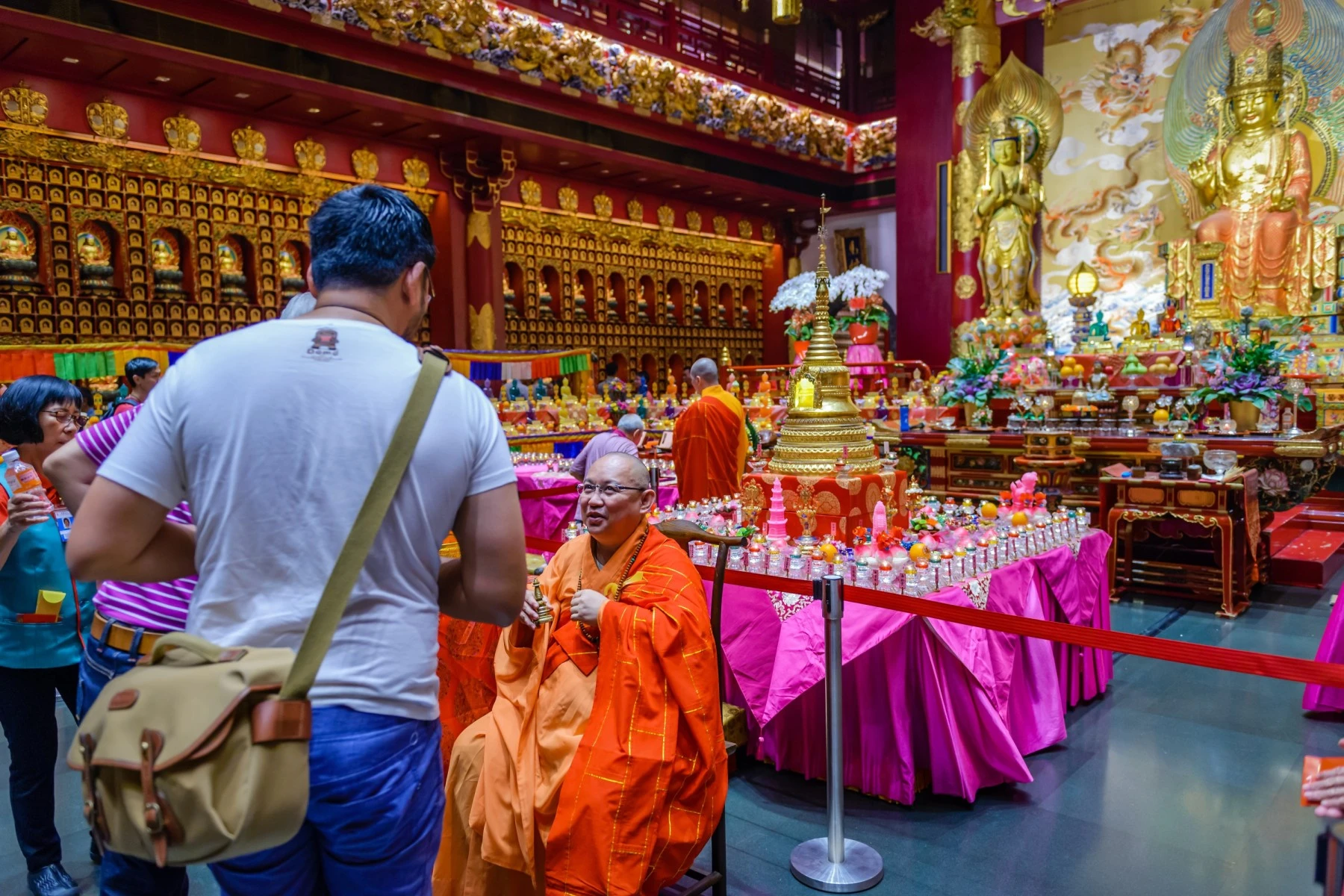
What is it: The Buddhist festival of Vesak Day to celebrate the birth, enlightenment, and death of Gautama Buddha is a serene day of prayer, offerings, processions, and good deeds for believers.
How it is celebrated in Singapore: At dawn, Buddhists start their Vesak Day rituals with prayers and offerings at the temple, before spending the rest of the day engaging in charitable works such as visiting aged homes, organising blood and food donation drives, or raising funds for the needy. Devotees will also only have vegetarian meals on this day,
If you want to experience Vesak Day for yourself in Singapore, you can consider visiting a Buddhist temple, to partake in some of the rituals or participate in the charitable works that are being organised. Some temples or complexes you may visit are the Kong Meng San Phor Kark See Monastery, Buddha Tooth Relic Temple & Museum, or even the Buddhist Library.
Hari Raya Haji
What is it: Another event that the Muslims hold dear is Hari Raya Haji, a date to commemorate the Prophet Ibrahim’s complete faith and obedience in God when he was asked to sacrifice his only son, Ismail. Instead of needing to do so, he was given a sheep to make the sacrifice with–and this is how believers mark this day today: with a sacrifice of a live animal like a cow, sheep, goat, or lamb at mosques. Hari Raya Haji also marks the traditional end of the hajj, an annual pilgrimage thousands of Muslims around the world make to Mecca in Saudi Arabia.
How it is celebrated in Singapore: Worshippers start their day at the mosque with prayers and a homily. The mood is contemplative and reflective, with many of the faithful engaging in good works of charity and cosy social gatherings with family. The actual slaughtering of animals does not occur in Singapore mosques anymore. Instead, devotees may sign up via a mosque on the online korban portal to have an animal slaughtered in Australia, and the meat is chilled and air-flown to Singapore for distribution among family, friends, and the needy.
National Day
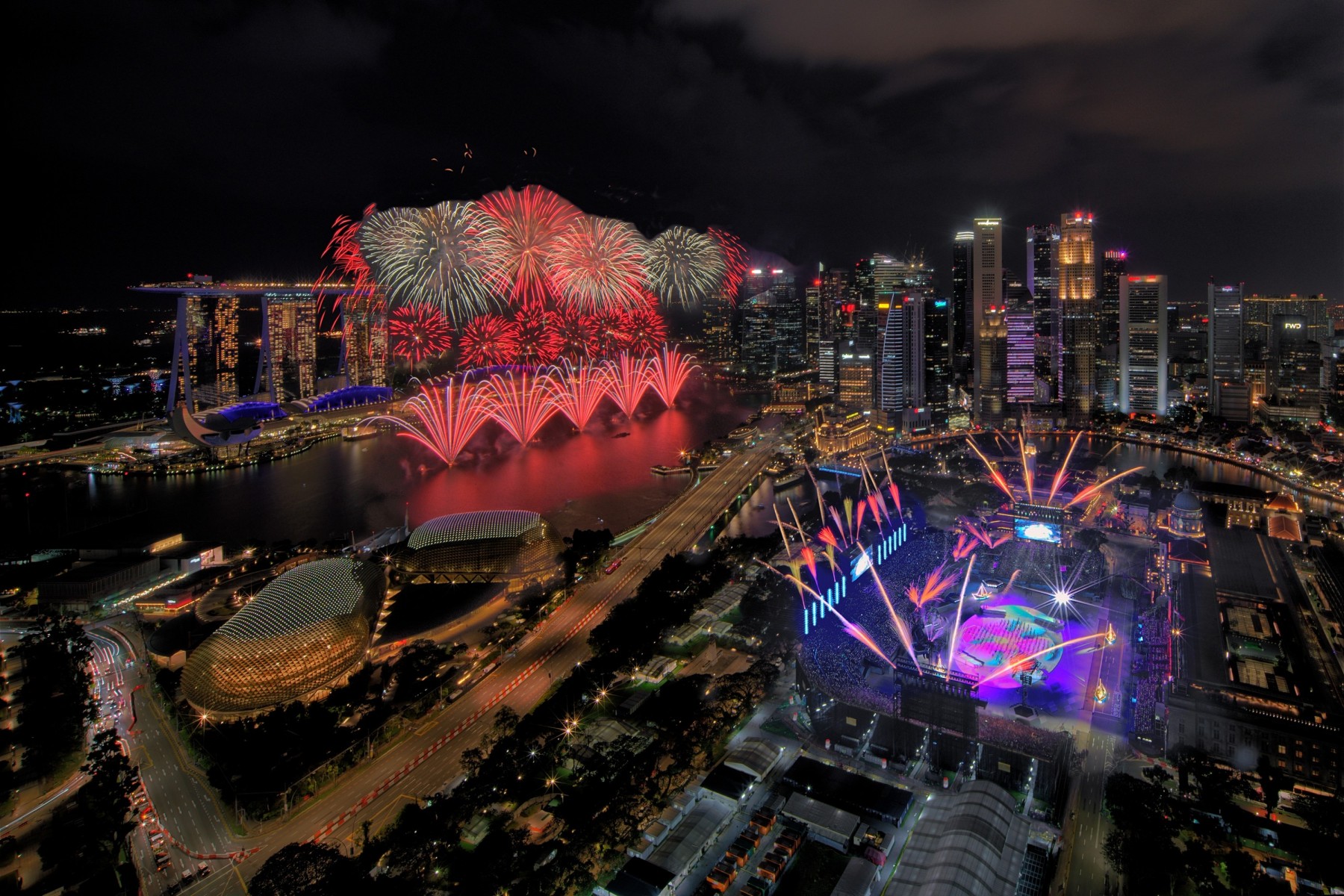
What is it: Singaporeans celebrate their independence from Malaysia in 1965 on 9 August every year! National Day is a public holiday for the nation, and it truly shows.
How is it celebrated in Singapore: This is one of the public holidays that really brings the whole country together, regardless of religion or race. On this day, many patriotic folks wear the red and white colours of the Singapore flag, and proudly display flags and stickers on their cars.
The National Day Parade is a dazzling display of her history, modern-day success, and future hopes and dreams, with free tickets up for grabs among Singaporeans and Permanent Residents via online balloting months before the actual date. It’s an extravaganza of military parades, multicultural song and dance, live performances, exciting light shows, and spectacular fireworks displays–truly a spectacle that makes the heart swell with pride.
For the rest of us who aren’t at the parade, there’s always the heartland military parades, family carnivals, and fireworks displays to be enjoyed. The whole week leading up to the big day is usually a period of great cheer for the nation (think special promotions at pubs and eateries, special discounts at stores, limited edition items or food that pay homage to the patriotic spirit of the season etc) so be ready to soak up the atmosphere when you’re here in Singapore!
Deepavali
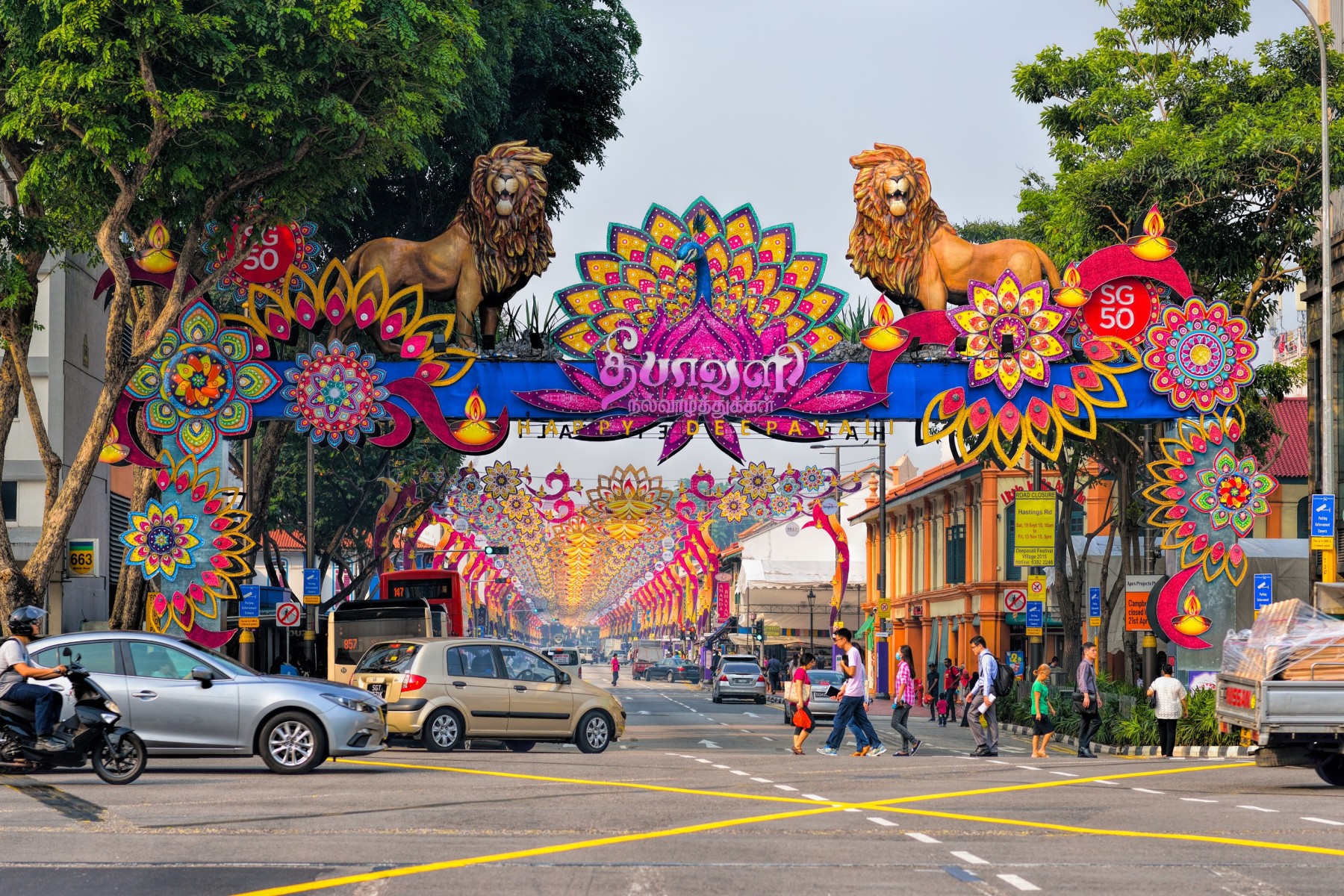
What is it: The Hindu festival of light and the triumph of good over evil is celebrated as Deepavali every year. It is a joyful time of family, love, and hope for believers, with the special veneration of the goddess of wealth and prosperity, Lakshmi. The Hindu lunar calendar determines the actual dates each year, which typically falls somewhere between October and November.
How it is celebrated in Singapore: As its name suggests, Deepavali is celebrated with lots of lights and colours, symbolizing the victory of light over darkness. Hindu families prepare to welcome the goddess Lakshmi into their houses by cleaning their homes, decorating their doorways with rangoli (which are traditional patterns drawn on the floor using flour, sand, flower petals, or rice), and placing oil lamps around their home. They start the day with an oil bath, visiting the temples to pray, and putting on bright new clothes. Families visit each other too, and prepare their homes with traditional food and snacks.
If you wish to participate in some of the Deepavali festivities, you can visit the Indian Heritage Centre (IHC) for the Deepavali openhouse, which hosts a plethora of Deepavali activities for families and those curious about the festival. You can also head over to Little India to witness the breathtaking Deepavali light up, which happens annually in September and sees the streets lit up with beautiful arches, and traditional patterns and motifs.
Christmas Day
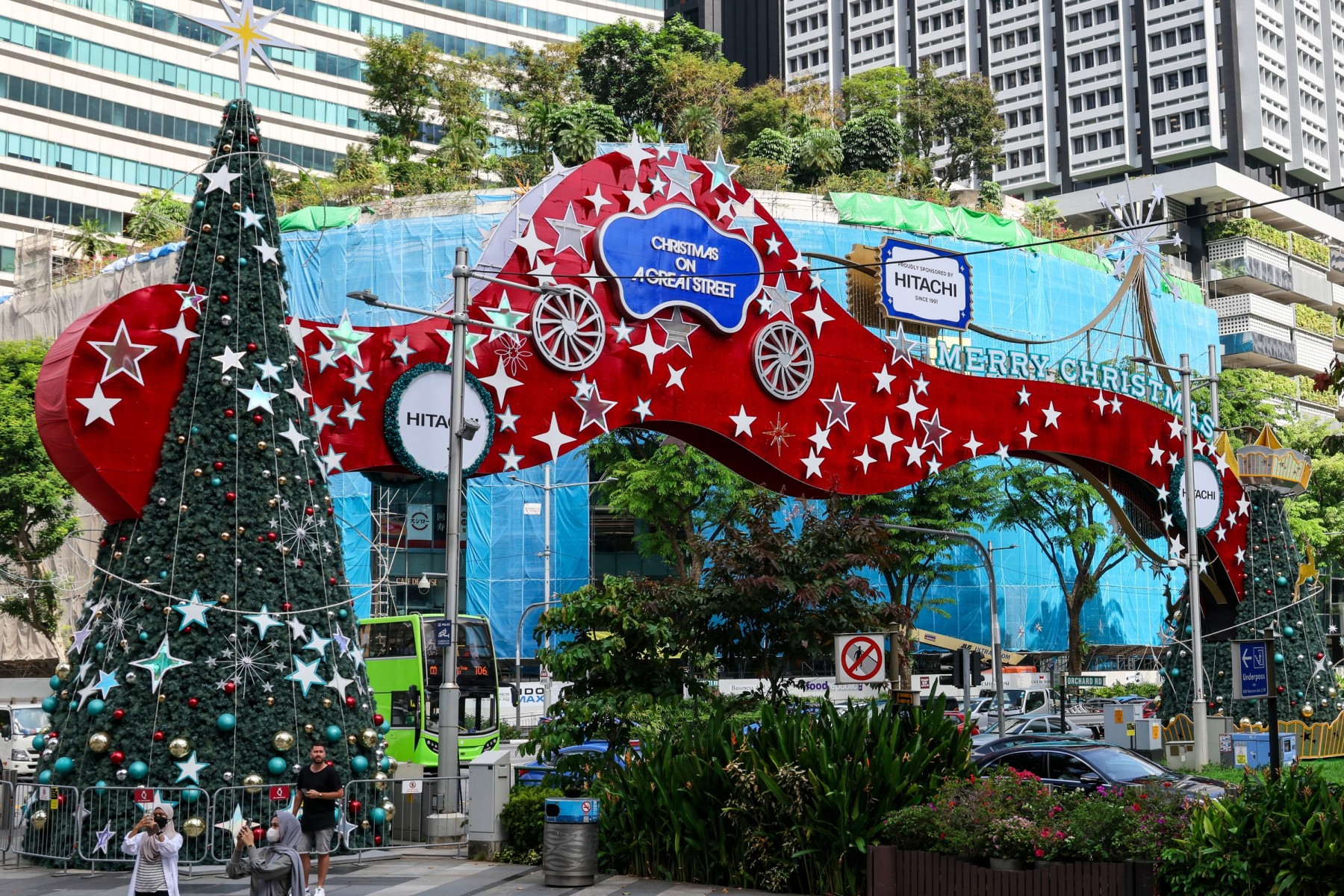
What is it: Possibly the most well-known celebration in the whole world, Christmas is a beloved public holiday in Singapore, and one that is particularly anticipated by Christians and Catholics who celebrate the birth of Jesus Christ on this day. For the rest of us, it’s a wonderful time to eat, shop, and make merry!
How it is celebrated in Singapore: Christians and Catholics in Singapore celebrate the occasion by going to church on the day for a special service. Many churches also organise carnivals, food and fun fairs, Christmas carolling sessions, and Christmas plays in the month of December.
Christmas is widely celebrated in Singapore, even among non-believers. It has become a time for family and friends to gather, exchange meaningful gifts, and wind down the year together. Malls are decorated with festive cheer in December, and Christmas-themed activities and programmes are aplenty all across the island for everyone of all ages. You’d really have no lack of things to do at Christmas here in Singapore!
Are there one-off public holidays in Singapore?
Other than these 11 days of public holidays each year, Singapore also has some bonus public holidays when she goes to the polls for General or Presidential Elections. The last time there was such a holiday was in 2023, when the Presidential Election was held.
New to Singapore and got your moving needs all sorted but want to know more about the country you now call home? We’ve got you covered. From healthcare to education, our series of expat guides provide expert tips on how to navigate Singapore like a seasoned insider.
What do our customers say?




